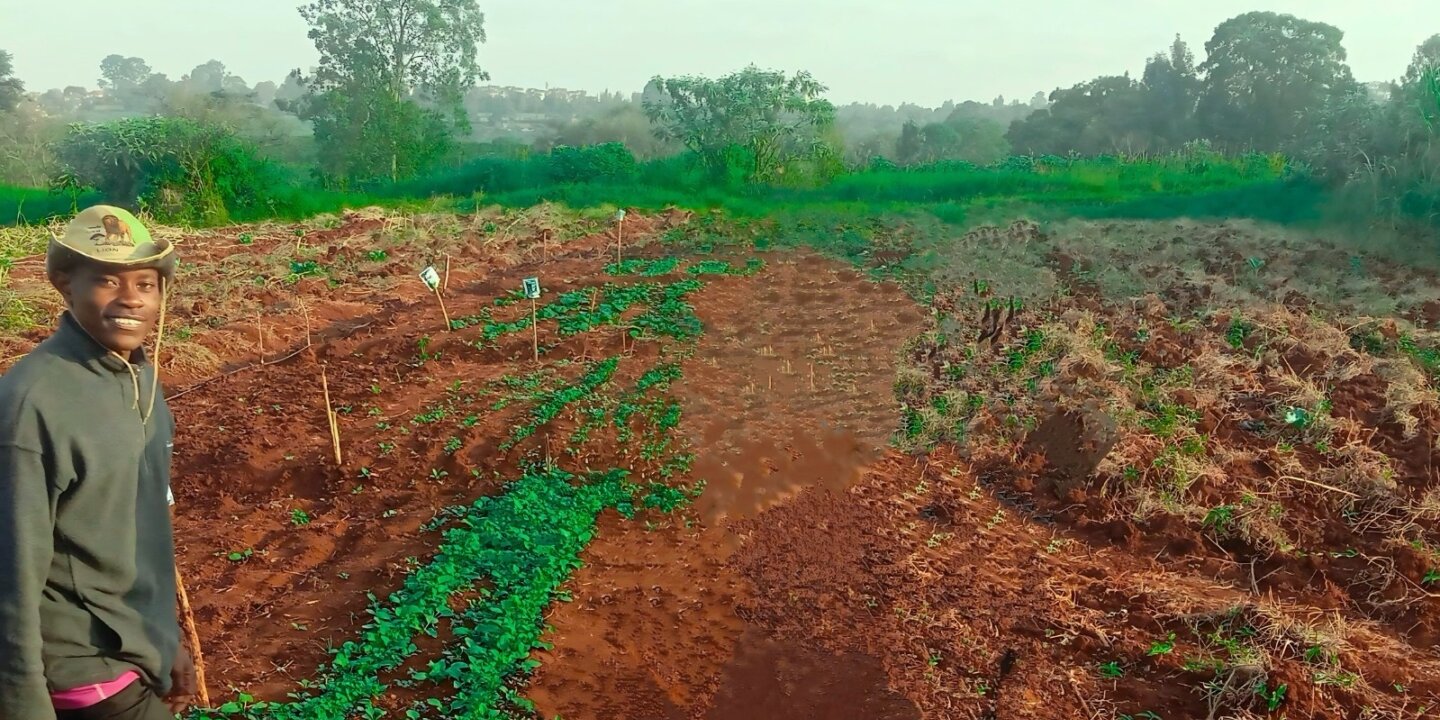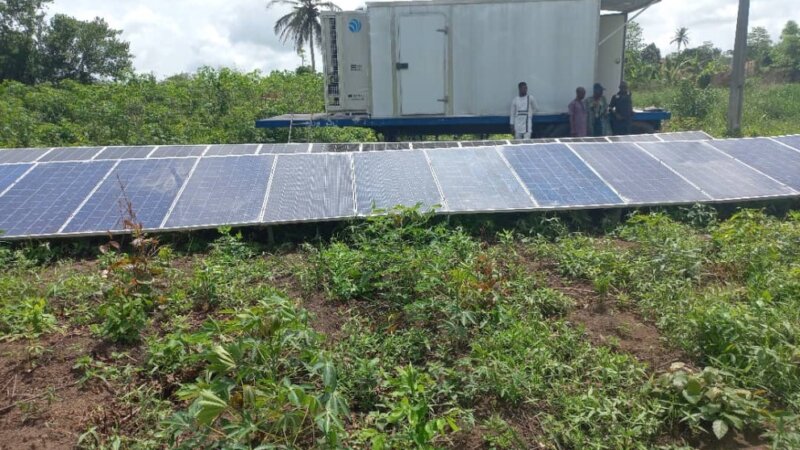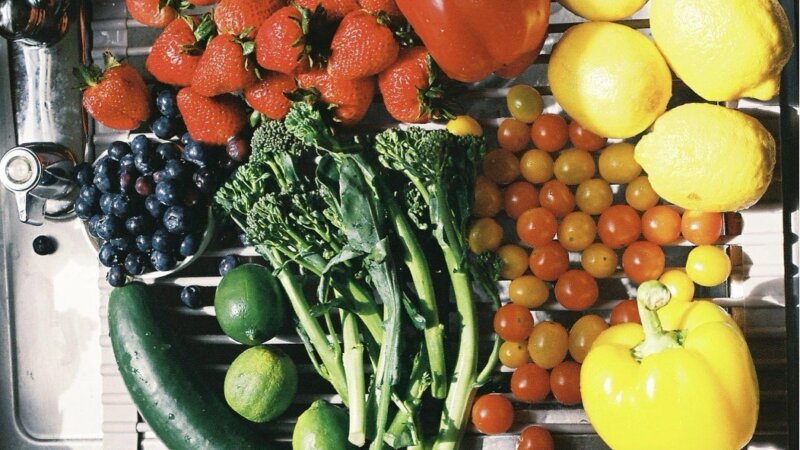Rooted in Resilience: Agroecology as Pathway to Sustainable Food Systems

Franklin Ondego at his one-acre farm which he plans to transform into a hub of agroecological innovations, to inspire his community and revive lost traditions.
Franklin Ondego is a food systems enthusiast with commitment towards consumer food safety. He works at Kenya’s Agriculture and Food Authority (AFA) as Regulations and Compliance intern, enforcing horticulture standards. Franklin participated in the 2025 food systems e-course. He writes this blog to tell us why agroecology might just be the path back to resilience.
My early years as a little boy in rural western Kenya were shaped by lessons deeply rooted in our community’s traditions. The purpose of eating was simple: to fill the stomach, not for enjoyment. Yet food was plentiful and marked by a strong culture of hospitality. A weary traveller asking for water would be offered porridge instead. This culture echoed across the Rift Valley, where the Kalenjin people would welcome you with a gourd of fresh milk.
Over the years, this cherished culture began to fade. The delicious traditional foods that once nourished and sustained us were gradually replaced by imported, western foods. The land produced less and less. Rainfall became unpredictable, and the soils – once fertile – were degraded. Low-income households faced a stark choice: spend their limited money on soaring production costs or cover basic necessities. This marked a painful break from the cherished culture that once defined us!
What once felt like a local concern is now a national crisis. Around 28% of Kenya’s population is food insecure. Our food system is increasingly vulnerable to shocks. COVID-19 stretched the Shilling, pushing food beyond reach for many. Meanwhile, climate change continues to erode our agroecological biodiversity, threatening productivity.
To feed a growing population sustainably, we must transform our food systems – not with band-aid solutions or marginal tweaks, but with fundamental infrastructural change. You might ask, how can it be done? The answer: Agroecology.
Agroecology is not only a science but a holistic, transdisciplinary approach. It embraces the socio-cultural dimensions of those who grow and consume food. Yet, the voices of rural farmers in Kenya – the true food system experts – often go unheard in policymaking spaces. Agroecology bridges this gap, elevating both scientific and indigenous knowledge. It empowers local innovation to tackle climate change, while promoting food and nutrition security.
Kenya’s National Agroecology Strategy for Food Systems Transformation (2024–2033) offers a hopeful direction. It provides a coordinated pathway to address food system challenges at their roots. Agroecological principles build the absorptive and adaptive capacity of ecosystems by promoting closed-loop cycles and long-term sustainability.
At the Agriculture and Food Authority (AFA), where I currently work, we enforce the Horticulture Code of Practice (KS 1758) under the Crops Regulations 2020. This is more than a checklist – it’s a guide for producing quality food while respecting planetary – boundaries. It builds consumer confidence and safeguards workers’ welfare. It reimagines agriculture by connecting the farmer to the ecological health of the farm and encouraging good agricultural practices.
Through the food systems e-course, I have come to appreciate the complexity of our food systems – and how difficult it can be to break bottlenecks or build meaningful synergies. But I also understand that transformation doesn’t begin in boardrooms alone. It starts with individuals. With us.
That’s why I am turning my one-acre farm into a hub of agroecological innovation – a space to inspire my community and revive our lost traditions. I hold onto the hope that, one day, the spirit of our food culture – like the Kalenjin offering a weary traveller a gourd of milk – will once again flourish. Because real change grows from the ground up.
Author

Franklin Ondego
e-course participant




